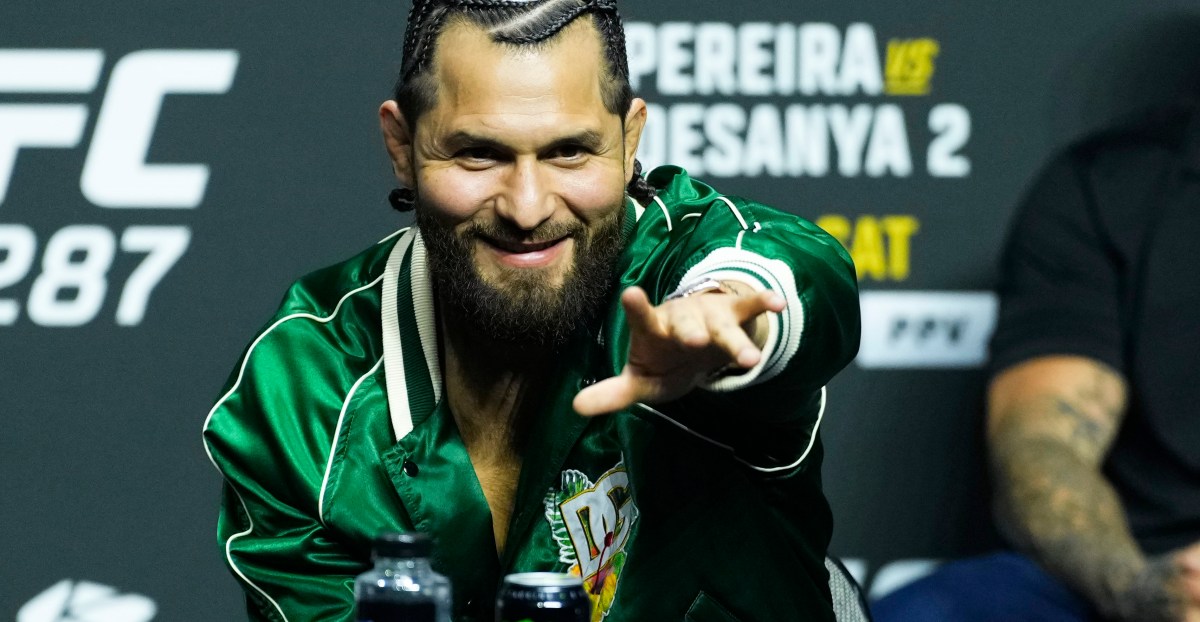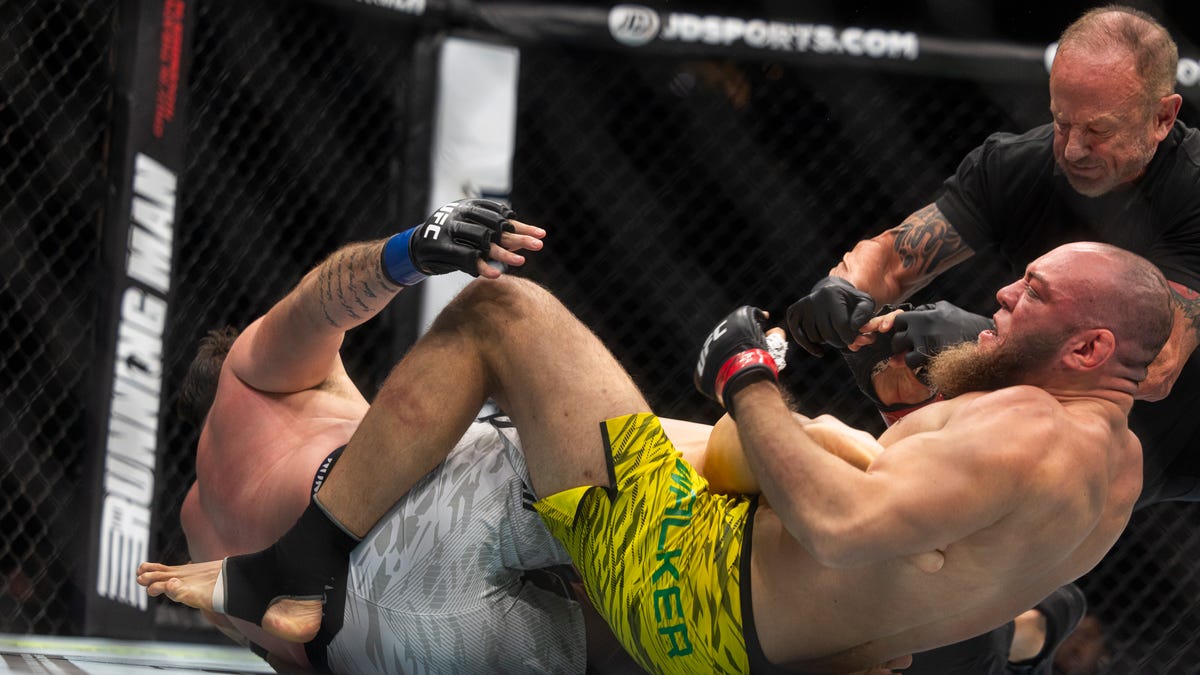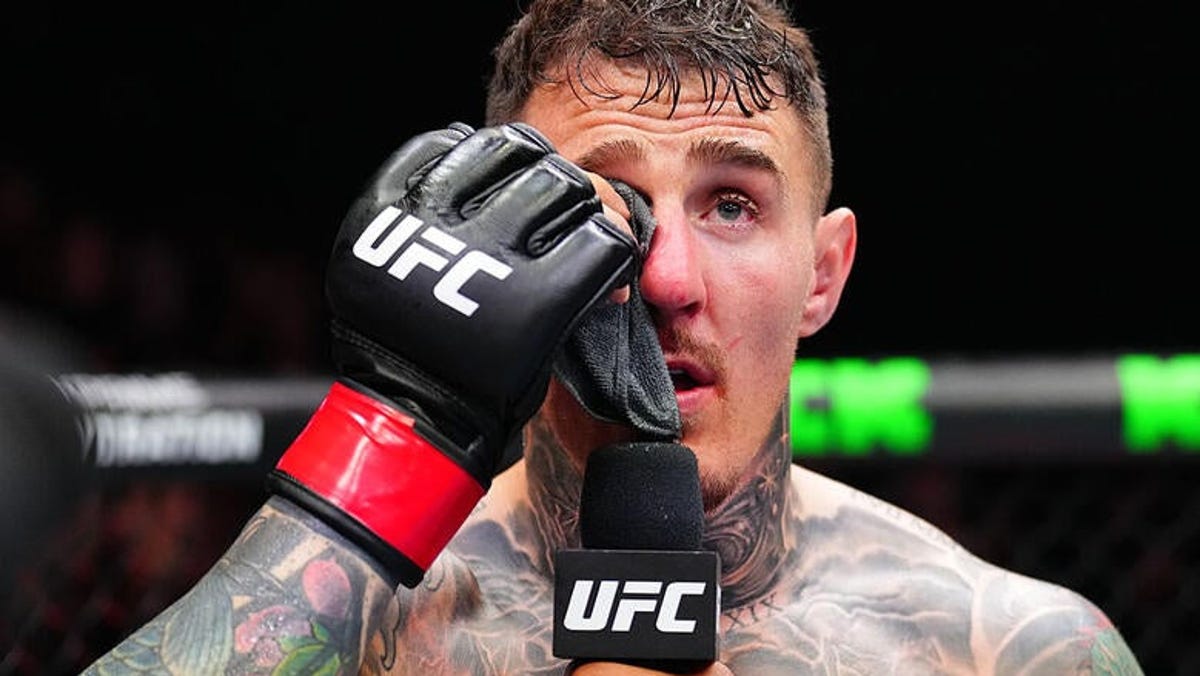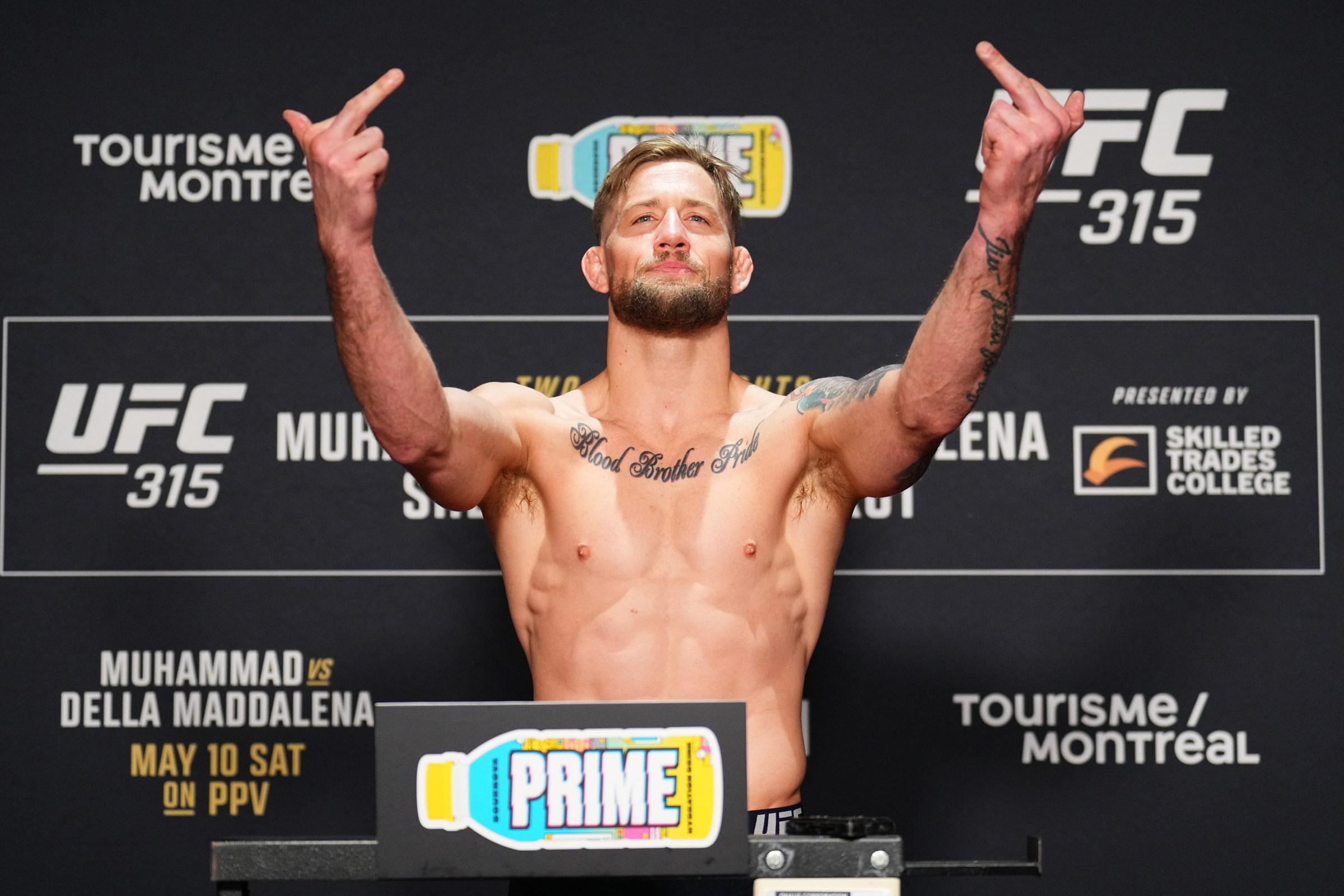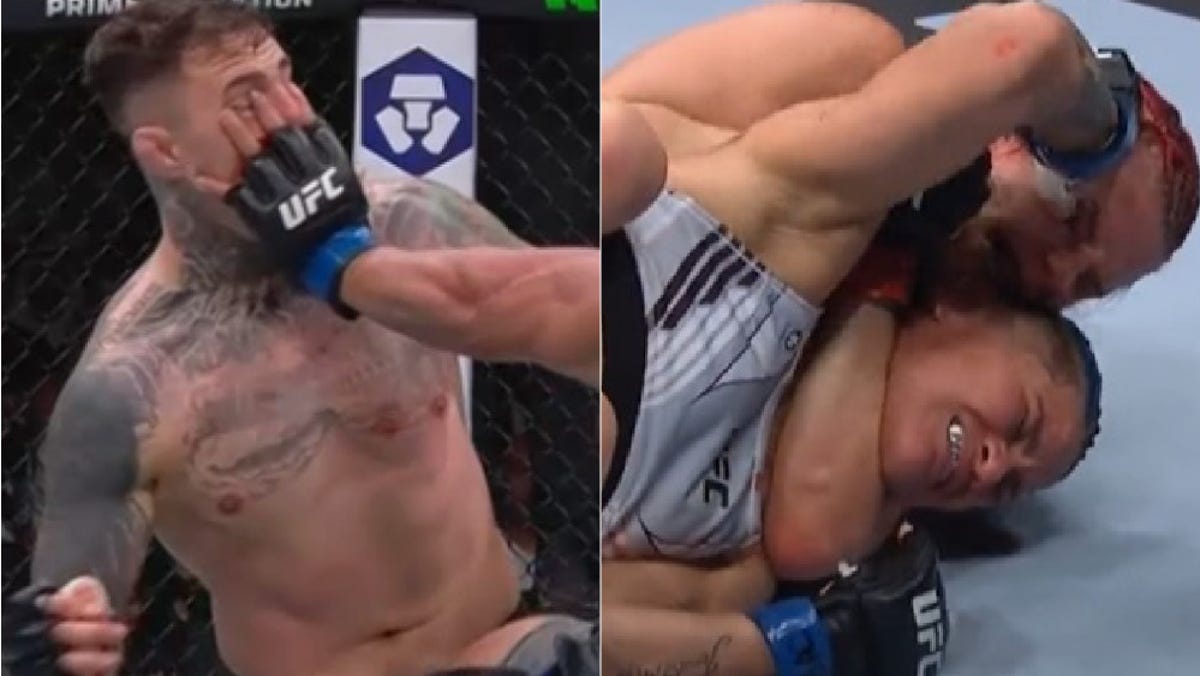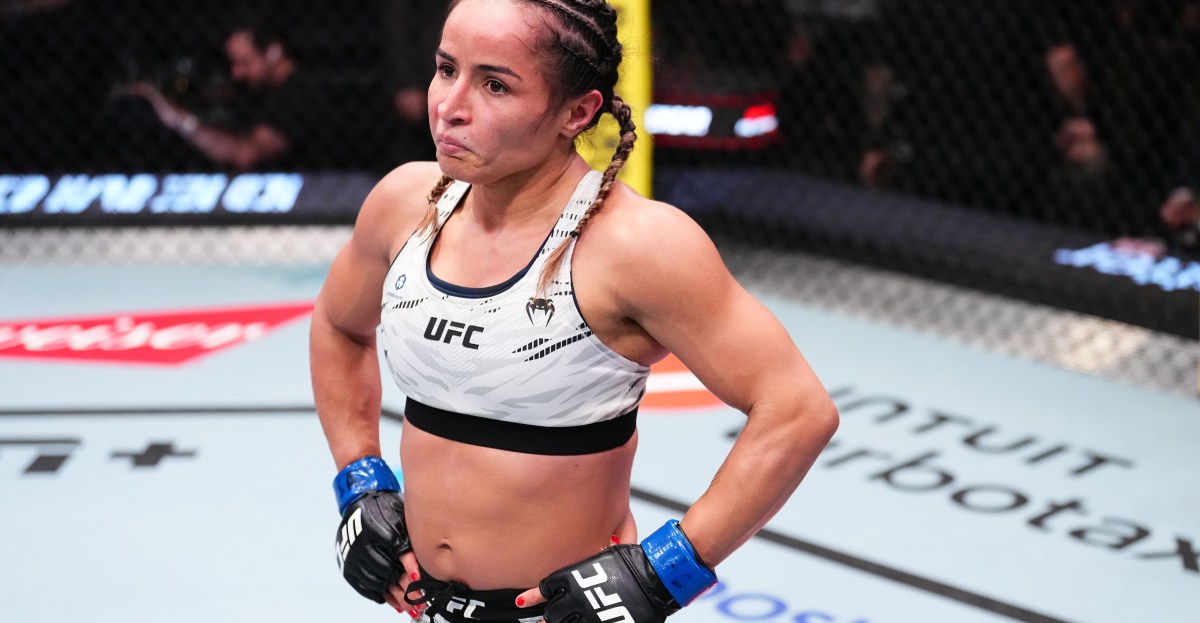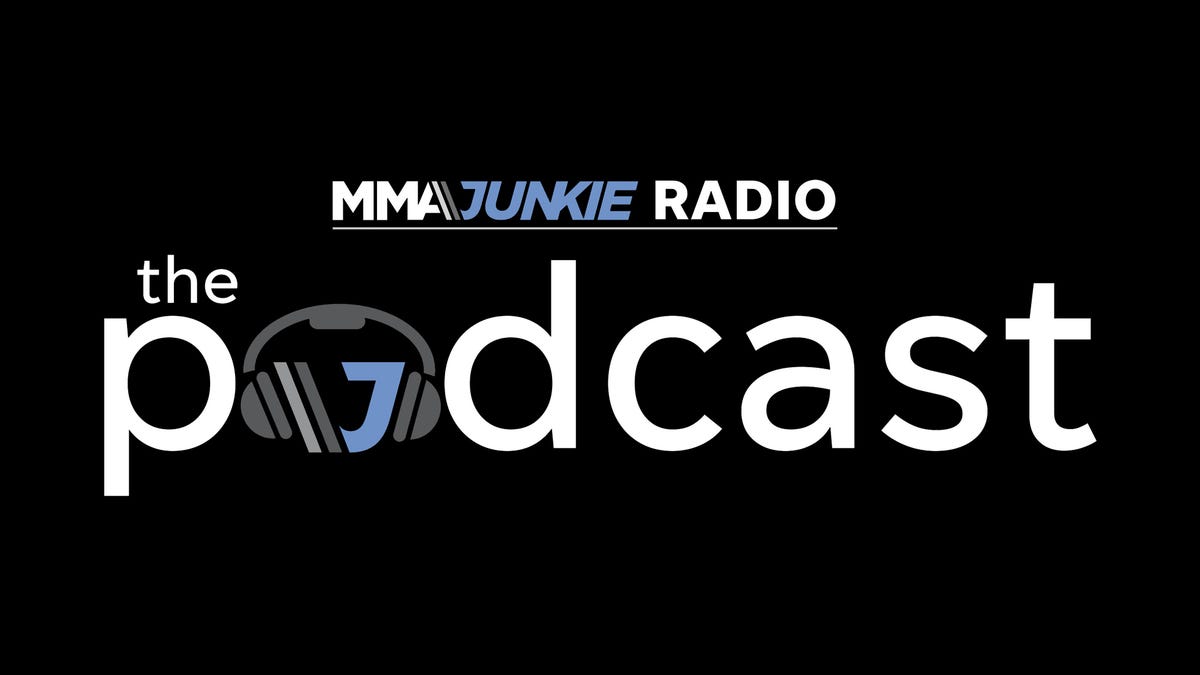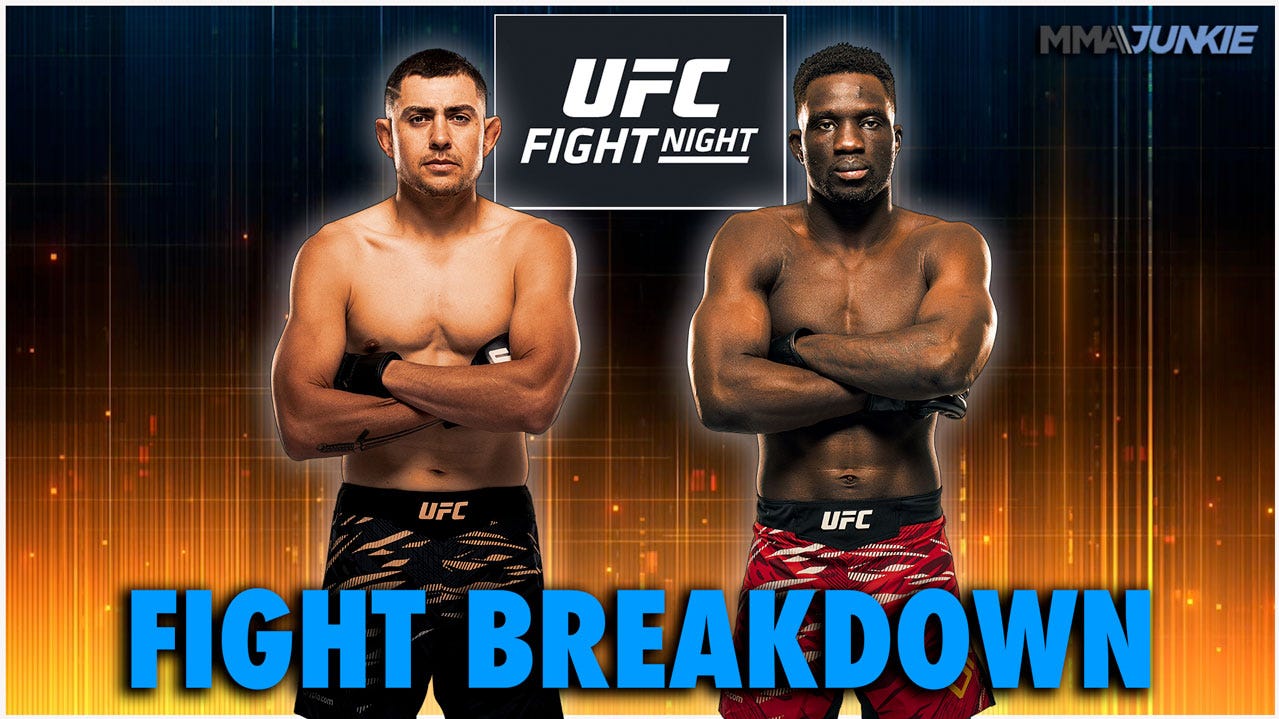Does Joe Rogan really know fighting? That’s a barroom debate, but it’s been long whispered that there was a time when Eddie Bravo was in his earpiece during UFC broadcasts describing the finer points of jiu-jitsu. That he’s toughest guy in the Comedy Store is perhaps inarguable, however. The dude has been in the gym a long time and it’s no secret that he sources his elk meat.
When comedian Bert Kreischer brought up Joe’s name this week on his podcast, telling his guest Ronda Rousey that he asked Joe how long he’d need to train to have a chance against the very Trojan Horse of Women’s MMA (meaning Rousey), Ronda stopped him right there.
Advertisement
“He wouldn’t know,” she said. “He’s not an expert, he’s a fan with an audience.”
This was always a strong suit of Rousey’s. To speak her mind with a certain kind of no-BS shortness when it came to some dumb, unchecked opinion or other. She wasn’t just going to let stupidity fly, which parlayed nicely with 30-second armbars.
Back in the day, when she said in a video that she wasn’t a “do nothing b***h,” Beyonce brought the slogan to the stage both in homage and in alliance. Rousey’s impact on the game is immeasurable, from a cultural standpoint certainly, but also from competition standpoint. Her run from 2012-2015, in which she went 8-0 with eight finishes while holding the Strikeforce and eventual UFC women’s bantamweight belts, is arguably the greatest run ever in MMA, at least in the heat of the moment.
Advertisement
Remember the intoxication levels? They were off the charts by the time she knocked out Bethe Correia in Rio in August 2015. She was on the cover of Ring Magazine and announcing fights on “Good Morning America.” Clay Travis said she needed to fight Floyd Mayweather, full stop. Dana White said she’d annihilate Floyd in an MMA fight, and Ronda smiled along. She thrived in such positive lights.
So it was a little sad to hear Rousey, after nearly a decade away from competing in the UFC, give an unevolved version of events as to what went down at the end of her career in MMA. She told Kreischer that MMA fans (and media) were the worst “what have you done for us lately” crowd in sports, while pointing out that those same groups are dismissive of iconic fighters once they lose.
“You look at WWE and they have such a reverence for their legends,” she said. “And in MMA, it’s like the second you’re not on top, you’re not s*** and you never were s***.”
If Ronda were to pay any attention to traditional ball sports, she’d see that the sky is falling every time a championship caliber team loses, as it’s in an avid sport’s fans nature to overreact. Sports radio doesn’t stay in business based on rational response. Yet the difference is those teams generally get a chance to right the ship within days of the embarrassment.
Advertisement
In fighting it’s of course different, as the best-case scenario is that months pass between competitions. Sometimes even years. That’s a lot of time for athletes to take cover as their proverbial sky falls.
Rousey went on to tell Kreischer, who was a captive audience, that she knew the moment she lost that fans would turn on her. This is something, in the rare moments she’s discussed it, that Ronda’s contended all along. She understood the fickle nature of the fan base, and expected the worst whenever the worst took place. It just so happened that the worst occurred at UFC 193 when she got knocked out by Holly Holm by a massive head kick. The entirety of the combat world shook a bit as she hit the floor.
Holly Holm’s infamous knockout of Ronda Rousey in 2015 changed the course of MMA history forever.
(PAUL CROCK via Getty Images)
And afterward, Ronda hid her face.
Advertisement
From the time she walked off the airplane from Australia, she handled the loss like it was an affront not from Holm, but from the fan base itself. Her power-sulk lasted 13 months. She didn’t talk to anybody other than sympathizers, which in that case was ESPN’s Ramona Shelborne. When she made her return, at UFC 207 against Amanda Nunes, she came back on the condition of doing limited media. As in, next to no media. She shut her audience out as if they were at her door with pitchforks, when in reality most just wanted to see the champion handle herself as a champion might.
With so many people invested in Rousey, as a trailblazer of the sport who personally busted women into the UFC, she gave them the silent treatment. Left them cold. To take a loss hard is fine, but to scowl forever at whoever mentions it? It was the worst handling we’ve ever seen after a loss, before or after.
That’s why a decade later it’s strange to hear her hold the same line. Those who were around at the time haven’t forgotten the real reason for the turn. How many times can it be said — it wasn’t that she lost so much as to how she responded. When Muhammad Ali said it wasn’t how many times you fall, it’s how many times you get back up, he meant it. Rousey, who was compared to Ali frequently in her heyday, instead let her own resentments fester.
Those actions were magnified four months later when Conor McGregor lost to Nate Diaz in what was supposed to be a detour bout after Rafael Dos Anjos fell out of their lightweight title fight. McGregor handled it humbly, and though he’d lost a fight, he lost next to nothing in the grander scheme of things.
If anything, it set up one of the most massive pay-per-views ever for the Diaz rematch at UFC 202.
Advertisement
But Rousey came back against Nunes mad at the world for turning on her for losing, and it’s something that she hasn’t forgotten. It was wrong then and it’s wrong now, because it wasn’t that the fan base turned on her, it was that she turned on the fan base. At the first sign of nasty weather, she got bitter and stayed that way. In a sliding doors sense, if she had just discussed the Holm fight and said she got caught, that she would come back stronger, that adversity is the chance to dig deeper — whatever bromide you wish to plug in — she wouldn’t have felt like a fight game pariah.
It was her response that volunteered her for the role.
There will always be haters, especially in MMA. And it was a tough spot when Rousey lost to Holm, because the pedestal she was on towered above all others. Those who celebrate failure had (and continue to have) their field day, which we’ve seen a million times in the sport. Rousey handled herself as poorly as she possibly could in that moment, which has given those haters an endless supply of ammunition in the years since.
It sucks, honestly. She’s right that we should celebrate her more, but she’s not doing a lot to help her case.
Advertisement
You wish she could have shown up to Bert Kreischer’s podcast and said, “you know, I could’ve handled things a little better than I did,” as if to show that years of reflection got her some place closer to the truth. Yet she still carries resentment towards the fan base, and resentment is one of those things that goes both ways.

